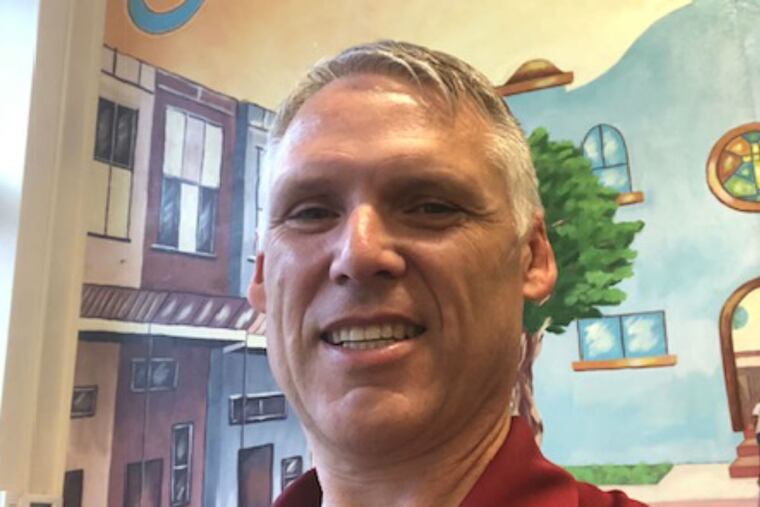How you spend money to make yourself happy depends on your class status
Basic motives that shape consumer decisions vary between higher-class and lower-class consumers.

What makes you happier — going to a play or buying a pair of shoes?
Your answer might say something about what social class you're in.
In a series of studies published in the journal Psychological Science last week, researchers discovered that people in higher social classes derived greater happiness from purchasing experiences, such as going to a gallery or on a trip, compared with buying material goods.
Meanwhile, people described as "lower-class individuals" — read: working-class folks — said that, for the most part, buying things made them happier.
"Basic motives that shape consumer decisions … vary between higher-class and lower-class consumers," said Wendy Wood, a psychology professor at the University of Southern California, and one of three authors of the studies. "Thus, we anticipated that the degree of happiness obtained from different types of purchases would also vary by social class."
There's a certain common sense to all of this, noted Sherry Linkon, professor of English and American studies at Georgetown University, and a national expert on class and class differences.
If you're a middle-class-or-above person, you likely have a lot of the stuff you need, Linkon said. You can think more about spending on internal growth and self-development.
For working-class consumers, though, there may be greater need for material goods. Such things appeal because they are practical, they last longer, and may even have resale value, the studies showed.
In another of the Psychological Science authors' studies, participants were asked to recall both an experiential and a material purchase. Then interviewers wanted to know which made them happier. Upper-class individuals named the experiences; working-class people reported that buying things made them happier.
Coz Crosscombe, a consultant who works with nonprofits in low-income neighborhoods in Philadelphia, agreed that when he grew up working-class in Australia, material things were important.
Nowadays as a middle-class person, though, he enjoys travel most and has imparted that lesson to his two daughters, ages 16 and 18, who have embarked on trips of their own.
"Adventure is one of the things my family spends money on," said Crosscombe, 49.
He's an anomaly in his Frankford community, he said, where low-income neighbors who can't afford plane tickets derive happiness from buying clothes, he said, adding, "The clothes confer status."
A lot of the differences between classes are ingrained, Linkon said.
For example, a working-class person's main expectation is not to strive to reach the corner office, but to simply keep family fed and safe, she said. One could be happy with providing the basics that the family needs.
A middle- or upper-class person, however, lives with expectations to rise above, to do better, and to never be satisfied, according to class research by experts such as Minnesota psychologist Barbara Jensen.
If you're such a person, Linkon said, you tell yourself, I'm supposed to spend money on the avant garde play, or go to the hot new restaurant. Then I'll be happy.
When it comes to vacations, an upper-class person might trek to Machu Picchu for cultural enrichment, whereas a working-class person may elect to hit the Jersey Shore — not to widen his or her horizons but simply to take a break from work, Linkon said.
The experience-vs.-material-things dichotomy isn't limited to class differences.
As a generational group, millennials report that homes and cars mean less to them than do personal experiences, CNBC reported. That proclivity helped fuel the rise of Uber and Airbnb, the network said.
When contemplating money and happiness, the New York Times reported, it's important to remember that the former doesn't necessarily lead to the latter.
The paper cited studies saying that "even lottery winners are not any happier than those of us who never win anything," the paper reported.
When it comes to low-income people, of course, the paper added, it's clear that they are happier with more money simply to facilitate survival.
The newspaper offered a final word on money and happiness: Researchers say that generosity makes people happy.
So, the Times offered, when you're down, give money to someone else. It'll make you feel better.